In the early 2000s, the Vietnamese government commissioned a group of leading scholars from Harvard University, USA to develop a report on Vietnam's national competitiveness. The research team was led by professors who are very knowledgeable about Vietnam, Professor Dwight H. Perkins and Professor David Dapice.
The research report raised an important question and recommendation: " Why doesn't Vietnam become the world 's kitchen ?" Professor Philip Kotler, the father of modern marketing theory, also mentioned this recommendation many times. At that time, global supply chains were in the process of being shaped and China was becoming the world's " factory ", India was becoming the world's " office ". Vietnam, according to the recommendations of leading scholars, should become the world's " kitchen ".
The world situation has many unpredictable developments, the world food crisis is imminent, the need to form food belts, safe food for countries is becoming a serious issue, then developing a modern agriculture associated with processing industry and having great added value is a great advantage of Vietnam. Besides, developing tourism in symbiosis with this strength is also a great potential.
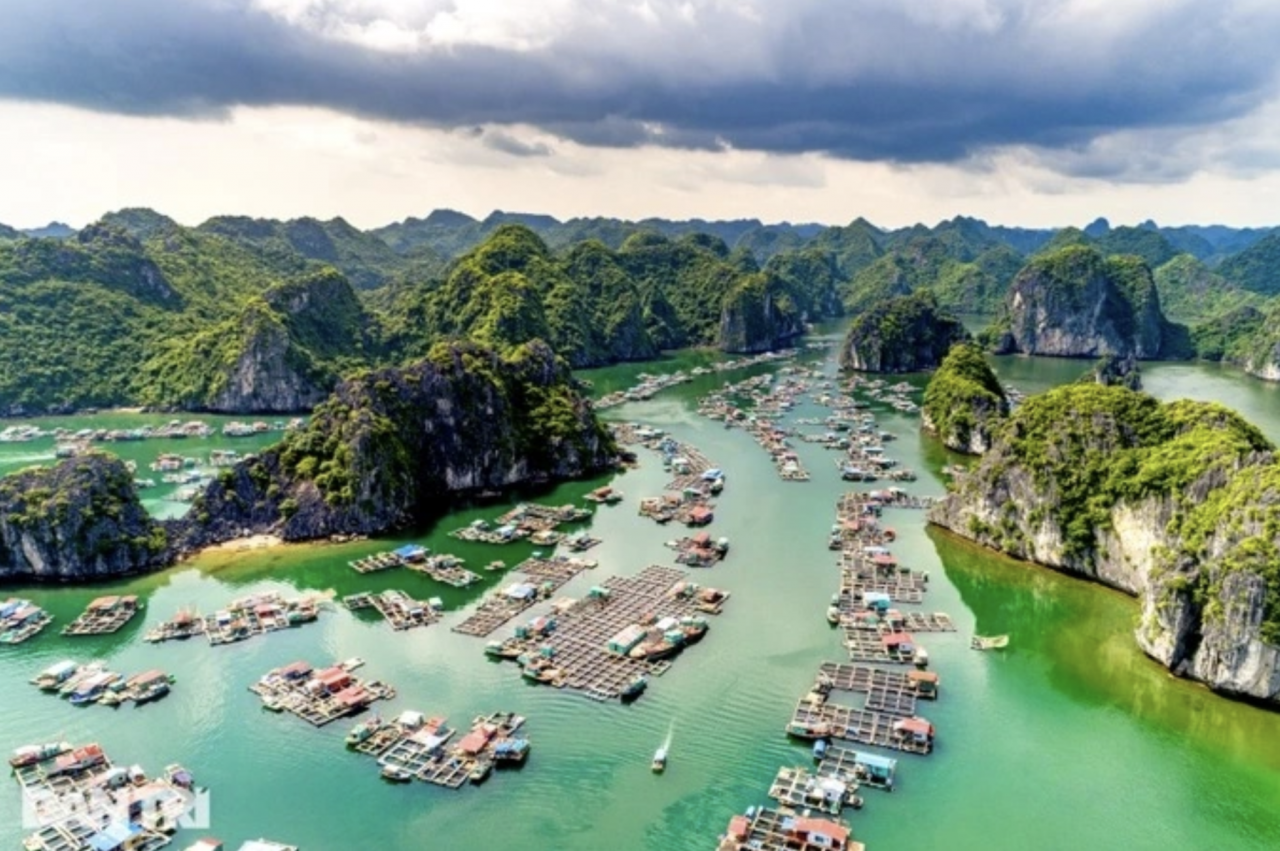
Ha Long Bay from above (Photo: Toan Vu)
Such brand positioning has emphasized two core competitive advantages of Vietnam: agricultural development - becoming a " rice granary" (associated with the agricultural and aquatic product processing industry with high added value) and tourism, promoting the advantage of being the " kitchen" of the world with unique culinary values.
Of course, the advantage of tourism development is not only the unique cuisine, but also the rich and diverse agriculture, natural resources, heritages and invaluable human values of the Vietnamese people. With its special geopolitical and geo-economic position, Vietnam is a land of exchange and dialogue between great civilizations, a place where the cultural values of the East and the West converge, ancient and modern, which is a great resource...
Looking more broadly, Vietnam is telling the world the story of transforming " battlefields " into " marketplaces " , the story of " turning enemies into friends ", the story of " a bamboo diplomacy " to " make friends with the five continents " ...
With the renovation, the transition from centralized planning to a market economy, we also tell the world the great story of escaping poverty , bringing tens of millions of our compatriots from low-productivity rural agricultural areas to higher-productivity industrial, commercial and service areas, and turning Vietnam from one of the poorest countries in the world, heavily devastated by war, into a middle-income country and on the journey to becoming rich.
These stories, along with rich geographical, natural, historical and cultural conditions, have created a very rich tourism potential for Vietnam. We are a country with a long and beautiful coastline, many pristine mountainous areas with beautiful caves, many ancient architectural works and many unique festivals.
American professors have rightly emphasized the advantages of developing Vietnamese tourism, in which "the kitchen of the world", both in culinary and spiritual terms, is a brand with profound generalization.
These suggestions were made in the early 2000s, but seemed to have been forgotten soon after. And then, more than ten years later, during a business trip to Thailand, I was startled to see that Thailand had used this very slogan to promote Thai tourism - "Thailand - The kitchen of the World". "Thailand - The kitchen of the world" not Vietnam. I felt a bit regretful. Thailand does tourism better than us.
Talking about Vietnam's tourism potential. The World Tourism Organization assessed that Vietnam is one of the 20 countries with the greatest tourism potential, Vietnam's beaches are ranked in the top 15 most beautiful beaches in the world and Vietnamese cuisine, especially "street food", is always ranked at the top. Vietnam's cultural and human heritages, as mentioned above, are priceless.
The potential is like that - we are always at the top . But our competitiveness and tourism development capacity are only at the " average " level in the world rankings. In 2021, although we have increased 8 ranks compared to 2019, and are one of the countries with the fastest improvement rate, our tourism development capacity still only stops at 52nd out of 117 countries according to the World Economic Forum's rankings.
In 2017, our Party had a separate Resolution on developing Tourism into a spearhead economic sector, the Government also had many Resolutions and action programs on Tourism development.
Although the tourism industry has made important developments, contributing positively to economic development - contributing nearly 10% to GDP and having a huge cross-sectoral impact, contributing to creating up to 5 million jobs in the economy. However, there are still many limitations, weaknesses, and development that is not commensurate with the potential, strengths and expectations of society.
In the component indicators of the World Economic Forum's rankings, in terms of policy, they highly appreciate the tourism environment, especially the work of ensuring security, safety, health, and hygiene. Institutional and policy factors for tourism development are only at an average level. Infrastructure for tourism development is also ranked very low.
And we also need to pay special attention to a few things in the sub-indices, which, in fact, I think are not sub-indices at all because these indexes are shaping and orienting the development of Vietnam tourism .
Vietnam's price competitiveness is highly appreciated (ranked 22nd), and Vietnam's tourism is currently mainly competing on price , or developing low-cost, low-value-added tourism. The sustainable development index is only at a very low position of 132/141 countries. That is something we cannot help but worry about.
However, I am still skeptical about this organization's assessment of the natural and cultural resources index of Vietnam's tourism industry as not being high. I think this is not consistent with the rankings of many prestigious international organizations on Vietnam's tourism potential, as presented above.
And an important reason here is the national marketing and promotion capacity for Vietnamese tourism, which we have not done well, especially in terms of promoting our invaluable natural and human resources. Inter-sectoral coordination between local authorities and our cultural, tourism, diplomatic, trade, investment and other agencies is still weak. I also think that: Our country's Tourism Headquarters has not received proper attention and development.
Resolution 08/NQ-TW of the Politburo dated January 16, 2017 on Tourism stated the requirement to improve the capacity, responsibility and authority of the General Department of Tourism . But we know that the State management agency specializing in tourism in our country has also gone through many ups and downs. Previously, this agency was the General Department of Tourism under the Government, merged into the Ministry of Industry and Trade, later into the Ministry of Culture, Sports and Tourism and recently transformed into the National Tourism Department under this Ministry .
The tourism development policies and institutions are not yet synchronous and have not made breakthroughs. The tourism economy is still fragmented. We have too few large enterprises working in tourism. There are many national brands in commerce, but few in tourism. Tourism has not been truly treated as a spearhead industry, and has not been effectively integrated as a comprehensive service economy. Cultural, historical and spiritual factors have not been imbued in tourism...
As long as our tourism industry mainly competes on price, meaning developing low-cost tourism with little added value, we cannot create a breakthrough in the tourism industry, and our tourism industry, after all, is only a resource-intensive, labor-intensive economic sector that has not yet promoted elements of culture, art, cuisine, spirituality, medical treatment, beauty care, cultural industry and other industries that coexist and complement the tourism industry.
And I think tourism development in the coming time needs to focus on overcoming the above bottlenecks.
We also need to do better in promoting national tourism. Professionalism must first start in this field, especially in promoting and exploiting cultural and historical values better. We must tell the world the story of Vietnam to create the soul of the new tourism industry. Entrepreneurship, innovation and creativity are also essential in this field. Tourism is a vast space for creative ideas.
I would like to recall the story of the early 90s when we were trying very hard to normalize relations with the United States, and at that time there were many American politicians and the public who had many different opinions, the memory of the Vietnam War was still a heavy obsession for them. I remember, the late Deputy Foreign Minister Le Mai gave a message to promote Vietnam that was more appropriate than anything at that time, Mr. Le Mai said: " Vietnam is not a war , Vietnam is a country " - "Vietnam is not a war, Vietnam is the country" and this message contributed to awakening the American public to promote the normalization of Vietnam - US relations. That is the power of the message.
Now, to promote Vietnam's relationship with the world, we are continuing to convey strong messages to the world. Vietnam is not a war, Vietnam is a peaceful and friendly country, Vietnam is a process of innovation and development, Vietnam is a friend of all countries, come to Vietnam, Vietnam of endless beauty, Vietnam is the kitchen of the world...
Author: Dr. Vu Tien Loc is a member of the Economic Committee of the National Assembly, Chairman of the Vietnam International Arbitration Center (VIAC), Honorary Chairman of the Vietnam National Startup Association (VINEN).
Dantri.com.vn


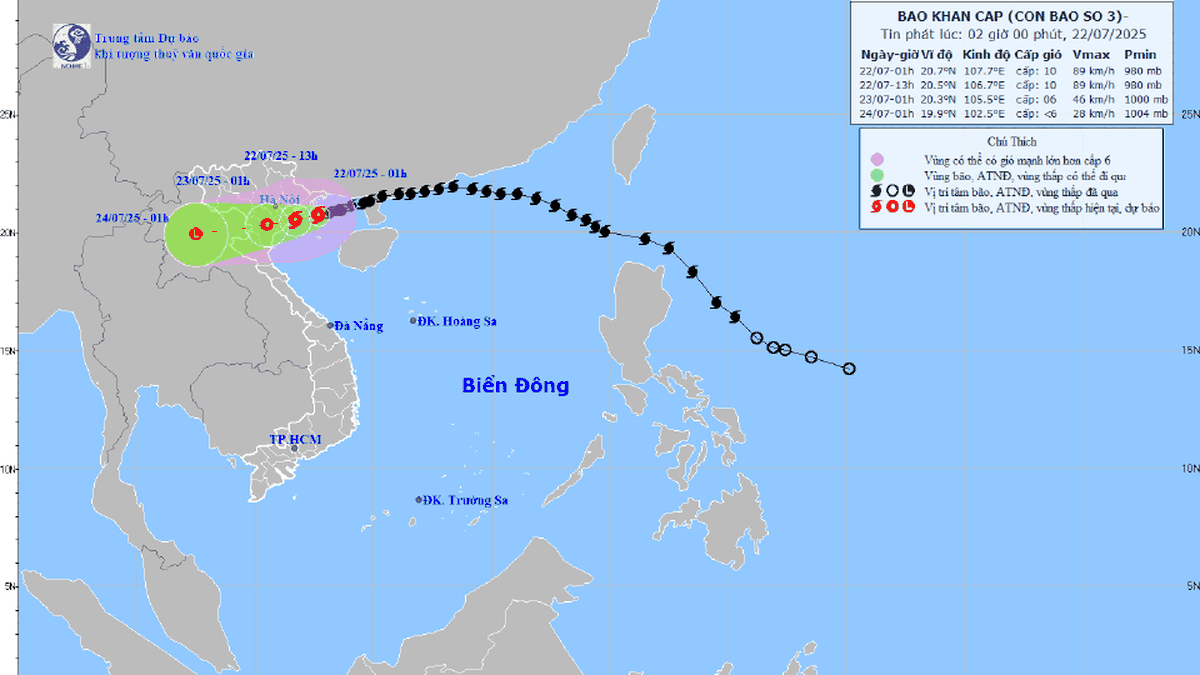

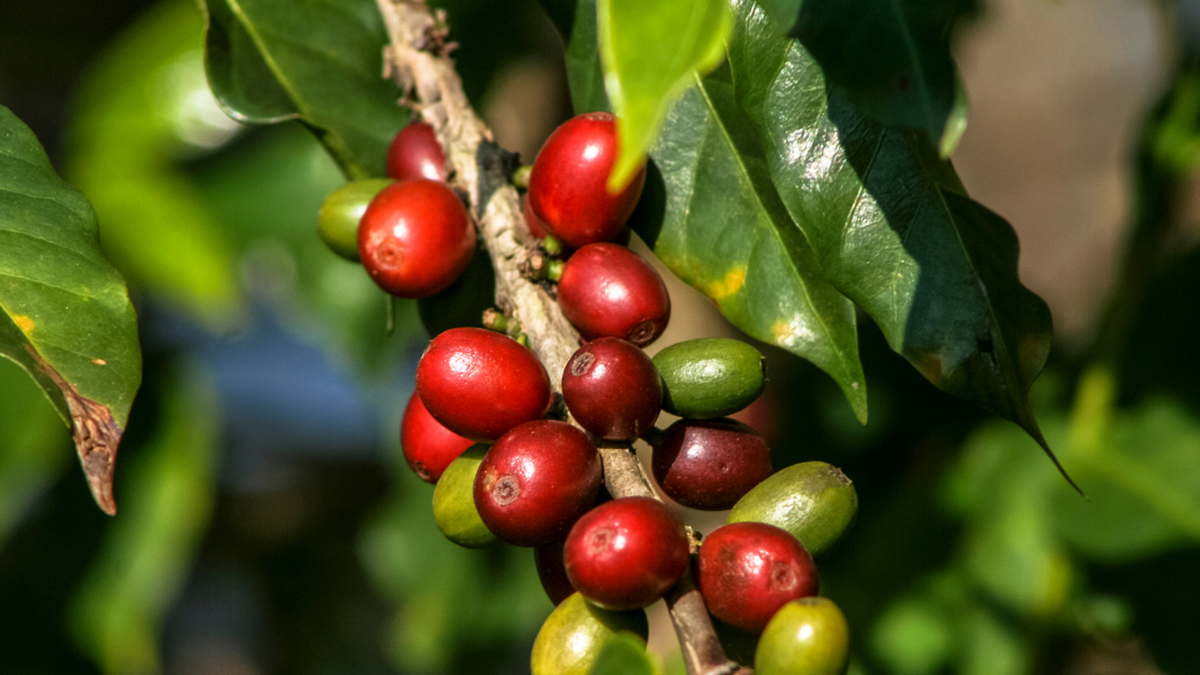
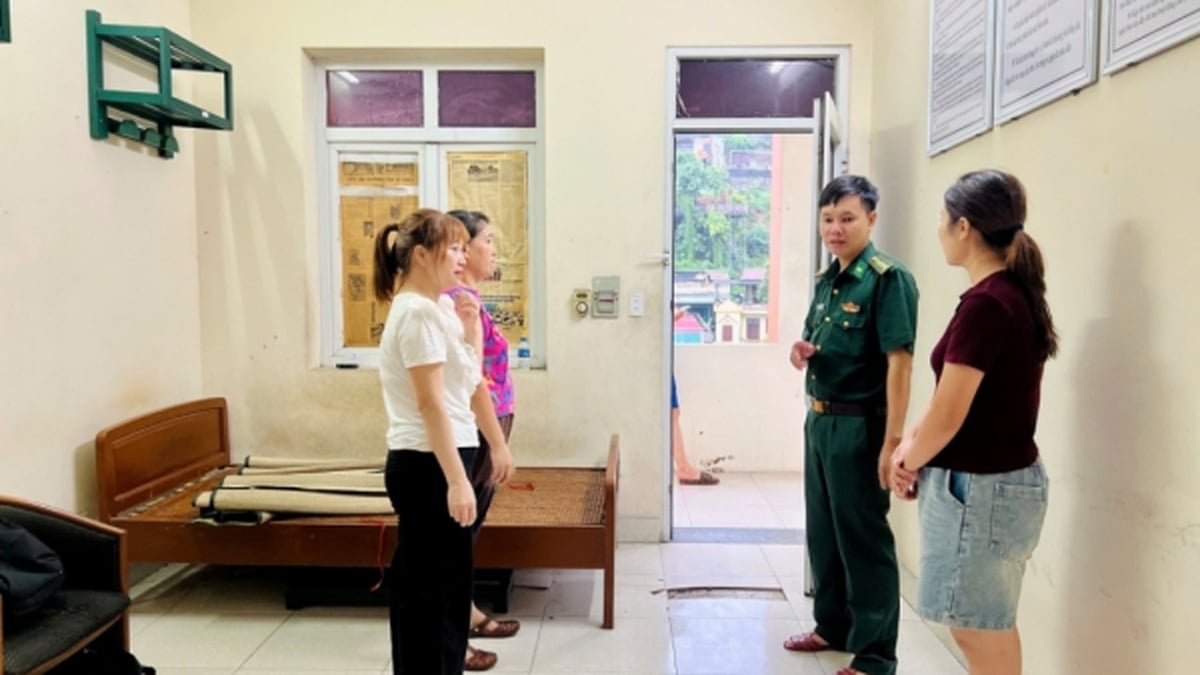

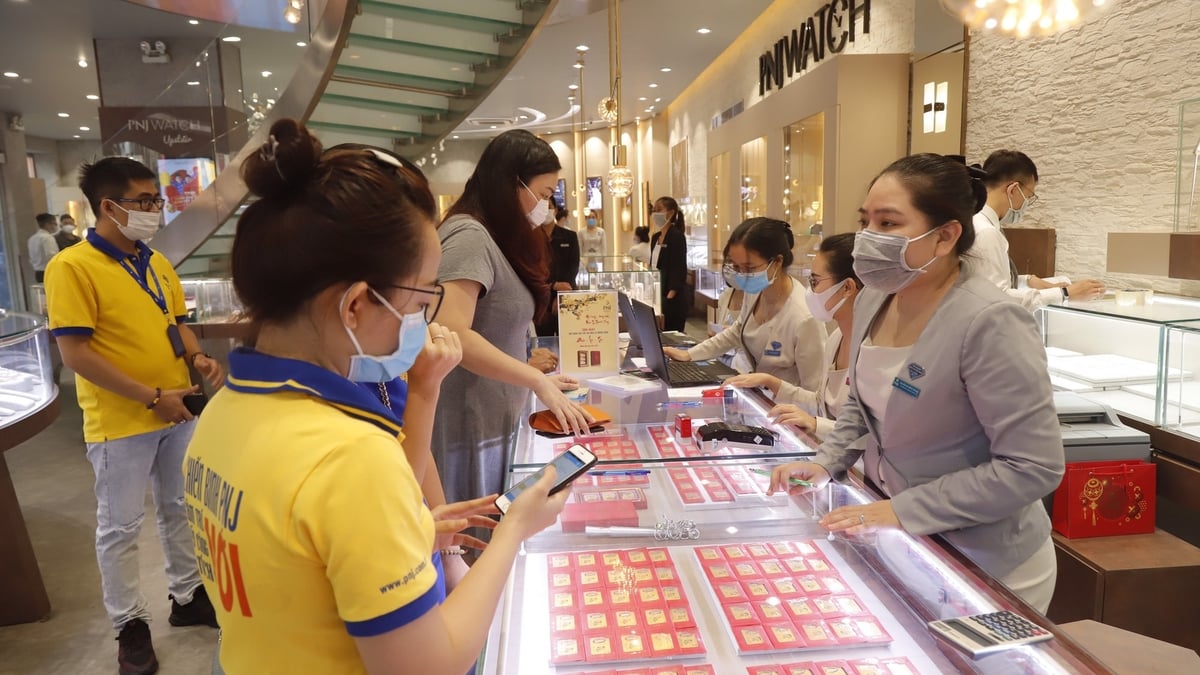
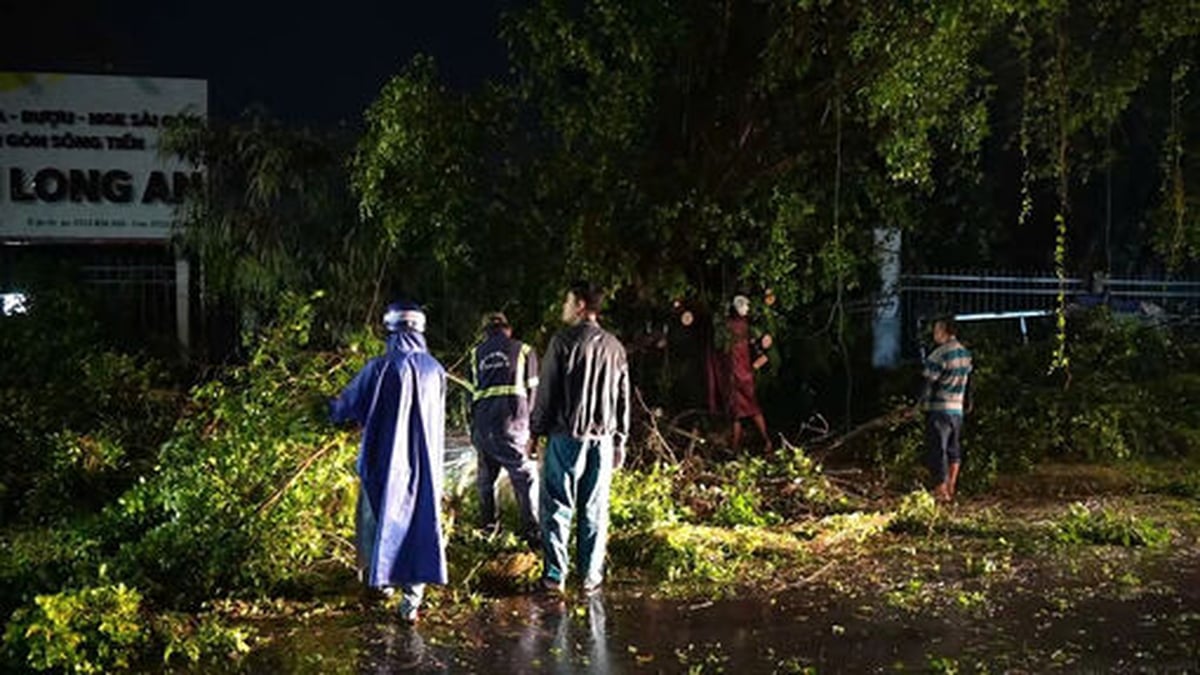
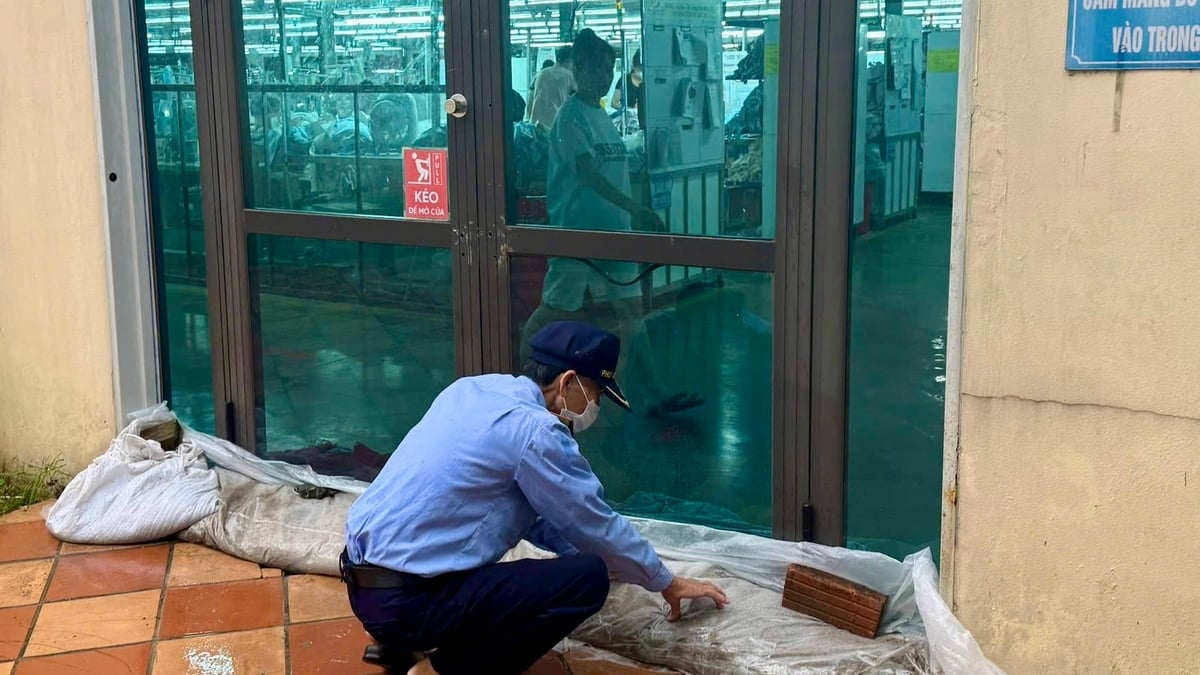
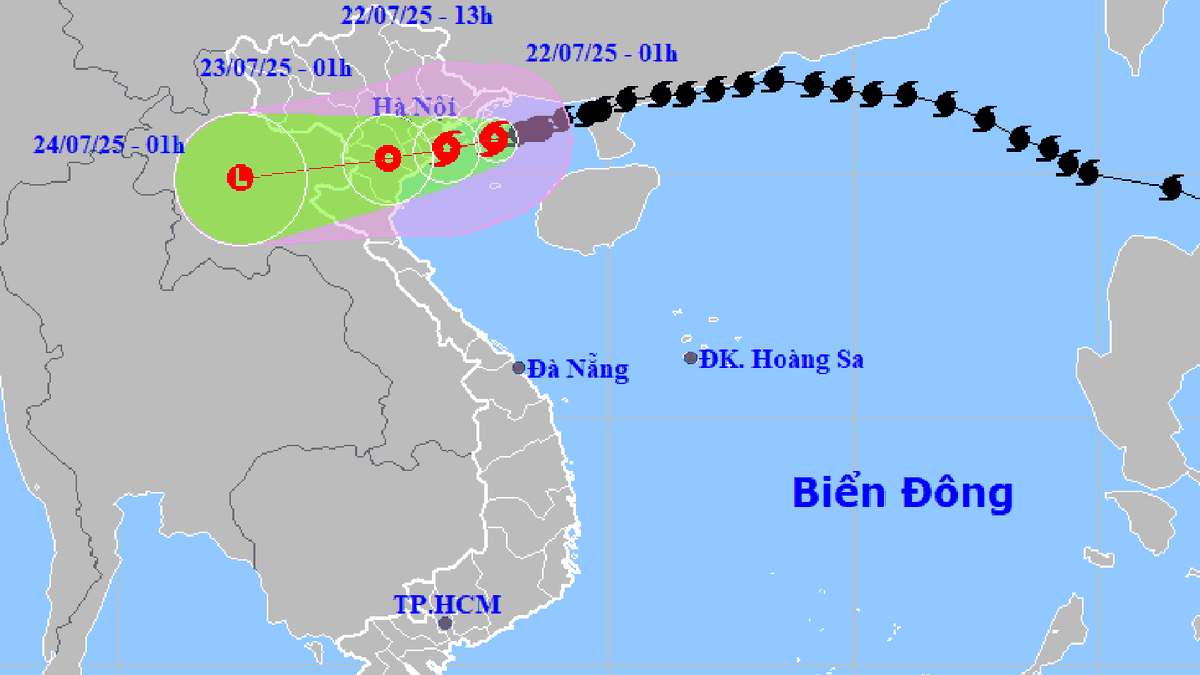



















![[Photo] National Assembly Chairman Tran Thanh Man visits Vietnamese Heroic Mother Ta Thi Tran](https://vphoto.vietnam.vn/thumb/1200x675/vietnam/resource/IMAGE/2025/7/20/765c0bd057dd44ad83ab89fe0255b783)






































































Comment (0)